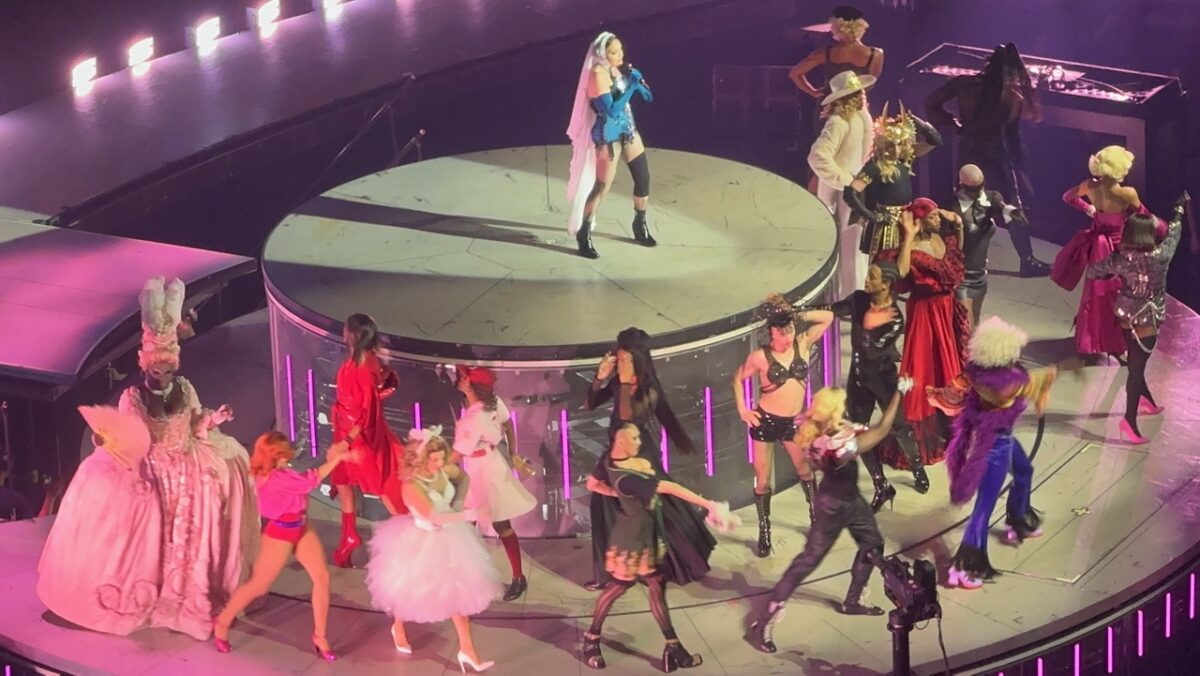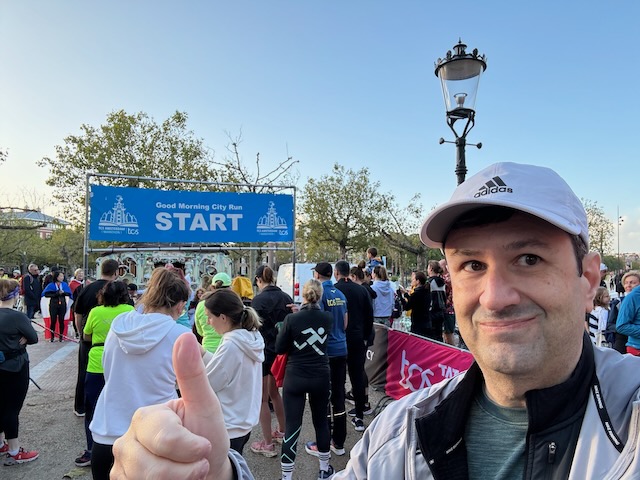November 2023
-

Strike a Prose
Alexandra Jacobs’ new biography looks at how Madonna changed everything. Here’s how Madonna changed me.
-

DNF (Did Not Finish) and DNF (Did Not Fail)
Praise yourself for getting to the start line. Don’t chastise yourself for not getting to the finish line.
-
![A Chickenshit Proposal [Update: Not Gonna Happen]](https://dailydave.com/wp-content/uploads/2023/11/ybor_chicken.jpeg)
A Chickenshit Proposal [Update: Not Gonna Happen]
10 p.m. update: People came out in force to decry the proposal. It looks like it’s not going anywhere. I’m delighted that someone discussed the impact shutting down Ybor would have on the LGBTQ community. Today, the Tampa City Council will discuss a proposal to shut down bars in Ybor…
-
When Life Gives You Lemons, Eat Cheesesteaks and Make a Playlist
Getting from Camp David to Amsterdam last month was a comedy of errors, minus the comedy. There were delays, downgrades, rerouting, and some truly horrendous customer service. But two good things happened. First, I got to enjoy a cheesesteak at Chickie’s & Pete’s during a much longer-than-expected layover at Philadelphia…